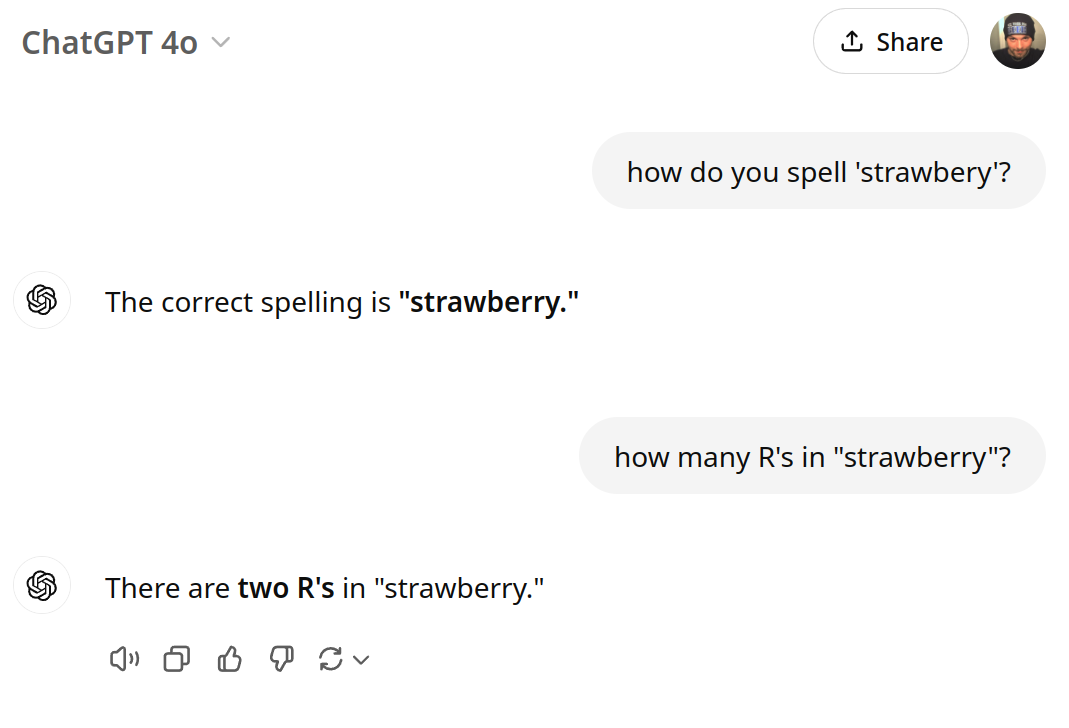In another life I would totally take the time to do this: PS1 Programming with MIPS Assembly & C.
Category Archives: Software
StarCraft: Mass Recall
Note to self: check out StarCraft: Mass Recall. Apparently it’s a remake of StarCraft in the StarCraft II engine. I’m not exactly sure where to get it or how it works, but I can probably figure that out.
DOOM3 for 64-bit Intel MacBook Pro
My mate @drakonis referred me to the following:
Software Heritage
Today I learned about Software Heritage. It’s a project to archive software source code.
Cory Doctorow On Google & Monopolies
In this video Cory argues that Google is making their search service worse in order to drive more traffic. Sigh. Cory Doctorow On Google & Monopolies!
STM32F1 Pico Pwner
I was searching for info about picoPower and I accidentally found STM32F1 Pico Pwner. Looks pretty interesting! It seems to be using power glitching to bypass locks so firmware can be dumped from certain microcontrollers.
Lava Lamp Display | Mini Project JMP002 | Learning Electronics In The Lab With Jay Jay
This post is part of my video blog and you can find more information about this video over here.
You can support this channel on Patreon: patreon.com/JohnElliotV
In this video I do the Mini Project JMP002 developed and published by Silicon Chip magazine and sponsored by Jaycar Electronics.
The code for this project is here: XC3730_LAVA_LAMP_COLOURS.ino.
The parts for this project are these:
- Duinotech UNO r3 Main Board
- Duinotech Arduino Compatible 8 x 5 RGB LED Matrix Shield
- 0.5m USB2.0 A Male to B Male Cable
The links for this video are these:
- About the Website — In The Lab With Jay Jay § Logo
- Lava Lamp Display – July 2024
- El Cheapo modules: “Intelligent” 8×8 RGB LED Matrix – January 2020
- Lava lamps
- Arduino firmware for JMP002 – Lava Lamp Display
- Lava Lamp Display video – Silicon Chip
- Conway’s Game of Life
- The Lava Lamps That Help Keep The Internet Secure
Thanks very much for watching! And please remember to hit like and subscribe! :)
Following is a product I use picked at random from my collection which may appear in my videos. Clicking through on this to find and click on the green affiliate links before purchasing from eBay or AliExpress is a great way to support the channel at no cost to you. Thanks!
Yum Cha Macro Programmable 8-Key Mechanical Keyboard |
Let’s go shopping!
Strawberry
YouTube responsive design issue
I’m having a problem with the YouTube player not working properly in my browser, and I demoed the problem I’m having in this video: YouTube responsive design issue.
Diagnose Firefox issues using Troubleshoot Mode
Today I learned about Firefox troubleshooting mode.

